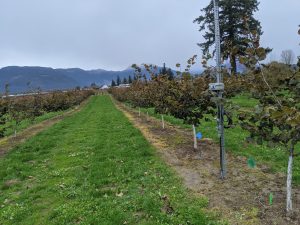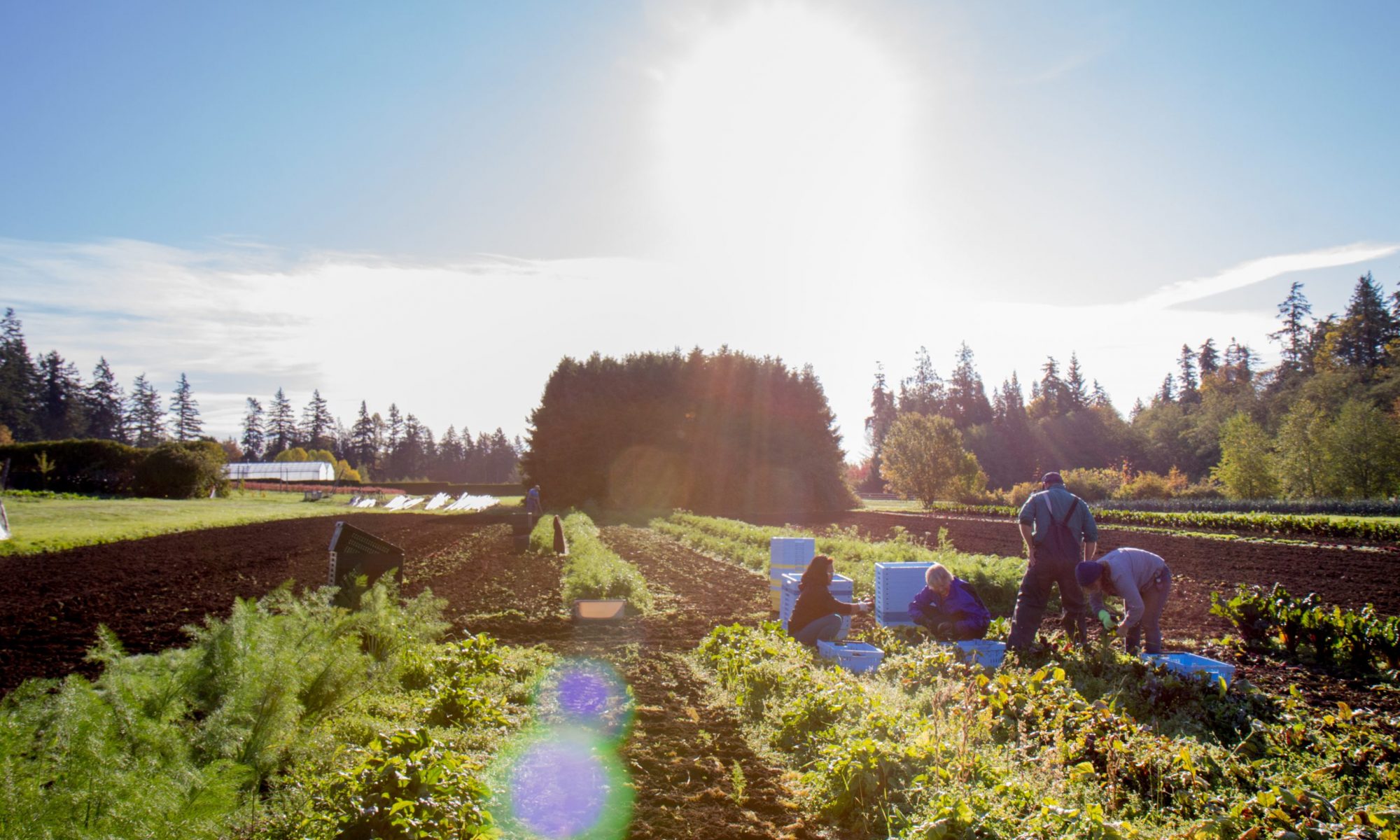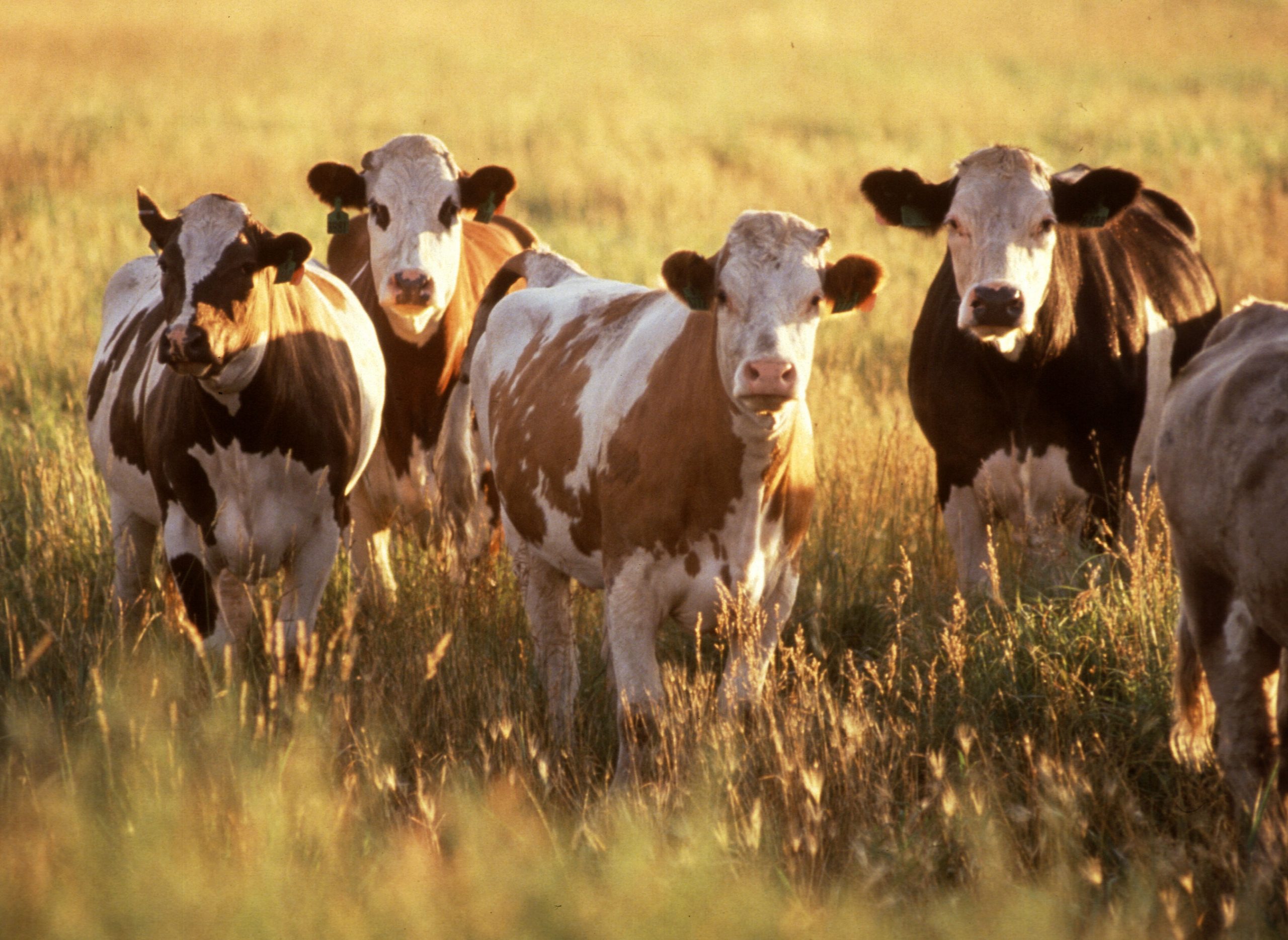
APBI 490-201 Plant water relations for sustainable agriculture
Instructor: Thorsten Knipfer
Ongoing climate change causes unprecedented challenges for agriculture. To ensure food security, the modern farmers requires knowledge about crop water requirements to avoid losses in yield and quality caused by drought or waterlogging. This course will provide undergraduate students an introduction of how plant-water relations and associated physiological mechanisms determine plant hydration status from cell to whole-plant level and inform precision irrigation strategies. This course will introduce students into cutting-edge techniques and tools to determine plant water status in the laboratory and field, and provide the conceptual background about plant-water relations as necessary to implement sustainable crop management strategies and improve genotype selection.
Log into the SSC to register for this course!

